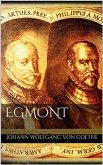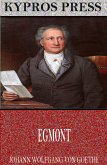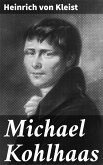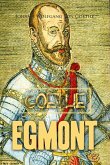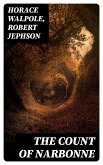In "Egmont," Johann Wolfgang von Goethe presents a poignant exploration of the complexities of freedom and tyranny, encapsulated within the tumultuous backdrop of the Eighty Years' War. This tragic play, written in a lyrical style, weaves rich imagery and philosophical dialogue, reflecting the Romantic emphasis on individualism and emotional depth. Goethe'Äôs nuanced character development, particularly that of the idealistic Egmont, serves as a vehicle for examining the tensions between personal liberty and societal constraints, resulting in a compelling narrative that resonates with the existential questions of the human condition. Goethe, a luminary of German literature, was profoundly influenced by the sociopolitical upheavals of his time and his own experiences in art and politics. His involvement in the Sturm und Drang movement shares a kinship with the revolutionary themes in "Egmont," reflecting his engagement with the ideas of Enlightenment thinkers. The interplay of personal aspiration against the authoritarian backdrop mirrors Goethe's own struggles with identity, freedom, and artistic expression, ultimately imbuing the work with deep philosophical undercurrents. This essential masterpiece is highly recommended for readers interested in the interplay of character and ideology within the framework of European political history. "Egmont" serves not only as a historical reflection but also as a timeless contemplation of the human spirit's resilience against oppression, making it a critical addition to the library of any lover of literature.
Dieser Download kann aus rechtlichen Gründen nur mit Rechnungsadresse in A, B, BG, CY, CZ, D, DK, EW, E, FIN, F, GR, H, IRL, I, LT, L, LR, M, NL, PL, P, R, S, SLO, SK ausgeliefert werden.



